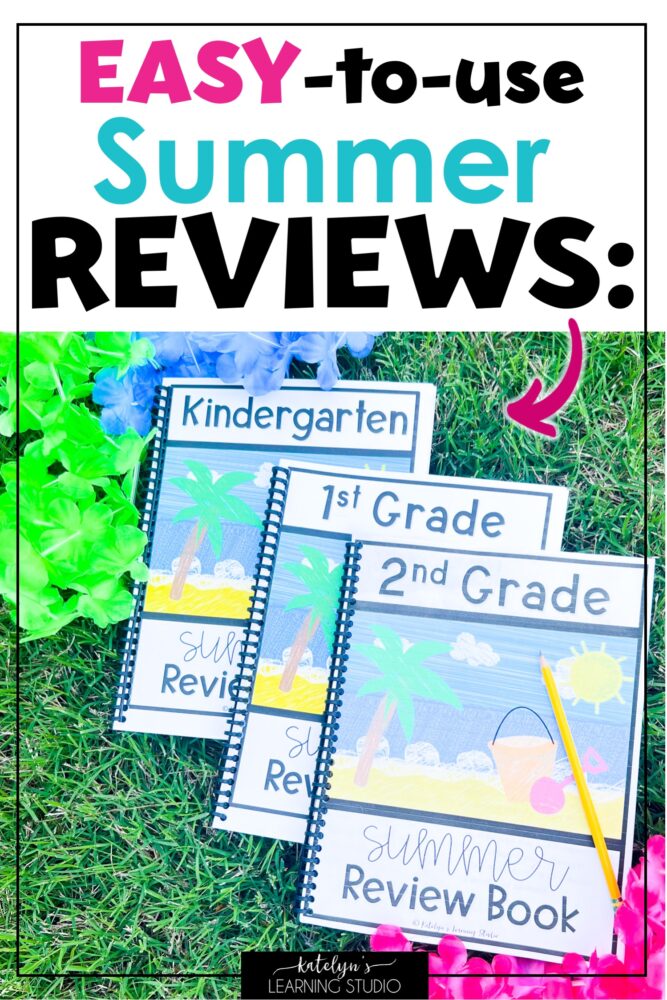7 Fun Ways to Prevent the Summer Slide and Avoid Summer Learning Loss
Don’t let your student fall behind! Prevent the summer slide by doing these simple activities that help avoid summer learning loss.
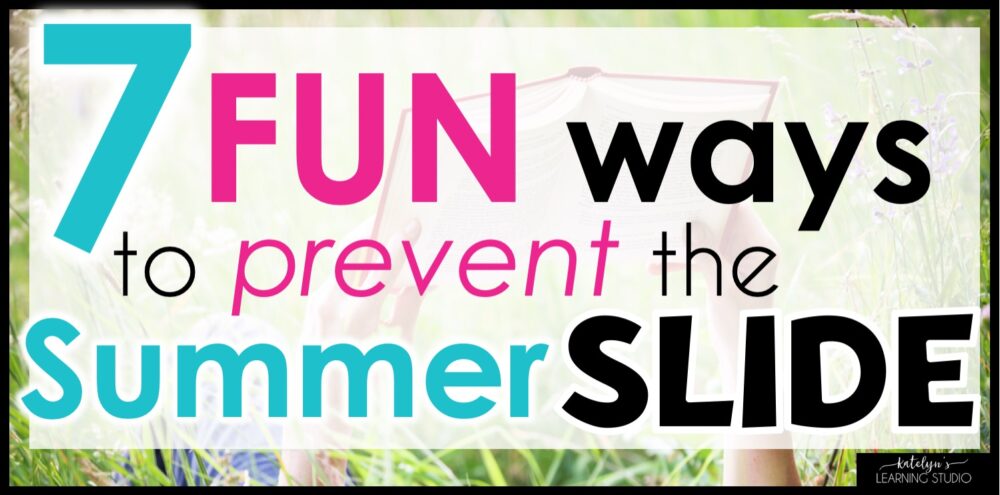
Summer review doesn’t have to be painful and full of homework battles. Whether it’s for summer homeschool, summer school activities, or just sending a review packet home at the end of the school year–there are simple, painless, and FUN things you can do with your student to prevent summer learning loss!
What is the Summer Slide?
A common loss of learning that occurs over the summer break. Students will often start the summer at a higher level and then slowly forget some of what they learned in the school year. This brings them to start the next school year at a lower level than where they ended in the previous school year.
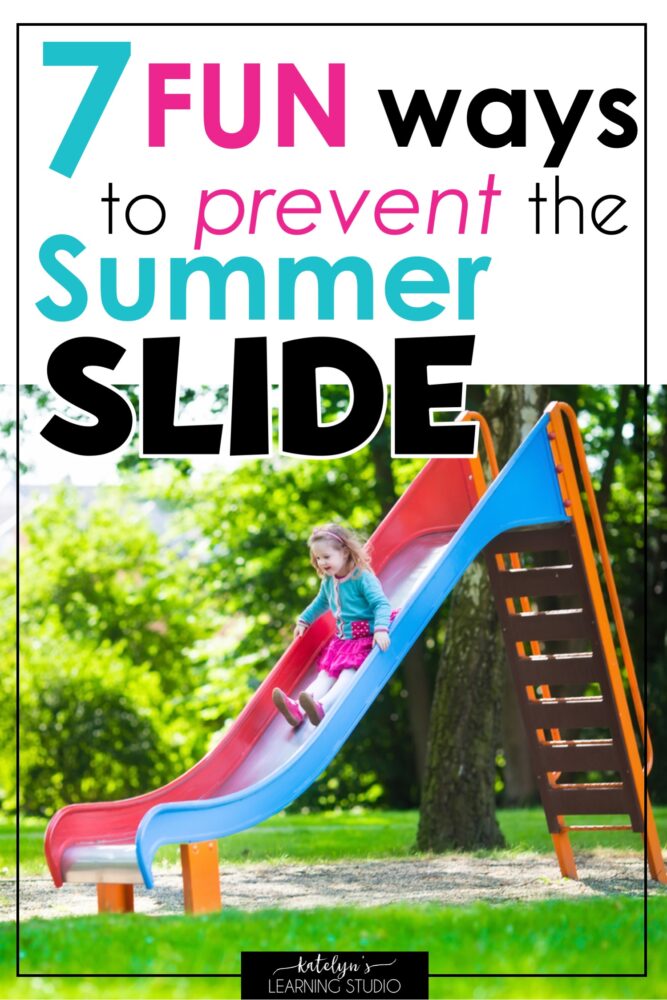
Prevent the Summer Slide
The best way to prevent summer learning loss is to keep reading, math, and writing a normal part of your every day. Spend at least a little time every day doing a learning or review activity, and spend a lot of time reading!
Below are 7 Tips for how to Prevent Summer Slide Learning Loss!
But first, if your student is already struggling, make sure you click here to grab this FREE Reading Intervention Cheat Sheet! It will help you identify where your student needs help and give you activity ideas for that specific reading skill.
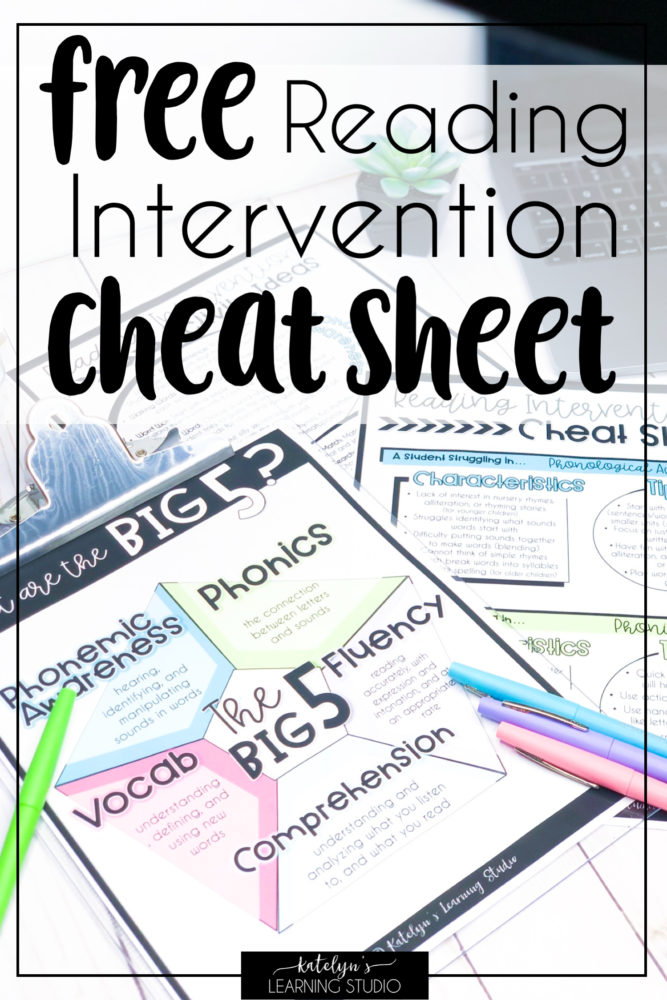
Click here to download your FREE reading intervention cheat sheet to help your struggling readers!
#1 Prevent the Summer Slide: READ!
If I could give parents 1 tip for helping their students prevent the summer slide, it would be to read for enjoyment all summer long! Let it be for fun, no assigned books, only recommendations and reading for fun. If the grown-up gets excited about it, the excitement will bleed off on the kid.
My one recommendation: try to aim for 20 minutes a day!
There are 2 ways to go about getting 20 minutes of reading a day:
- Read Alouds:
- The grown-up reads while the kid listens
- Can be picture books or chapter books
- Try reading a couple books or chapters every night before bed to naturally fit it into your routine.
- Student Reads:
- Students can choose whichever book they want.
- Grown-ups can provide suggestions for books at their level if needed.
- Just read for fun!
If 20 minutes is too much for them to read on their own, no big deal, just pick up a book and read to them!
**Here is an EPIC list of my 91 Top-Reccomended Books for Struggling Readers–recommended by real teachers around the world!
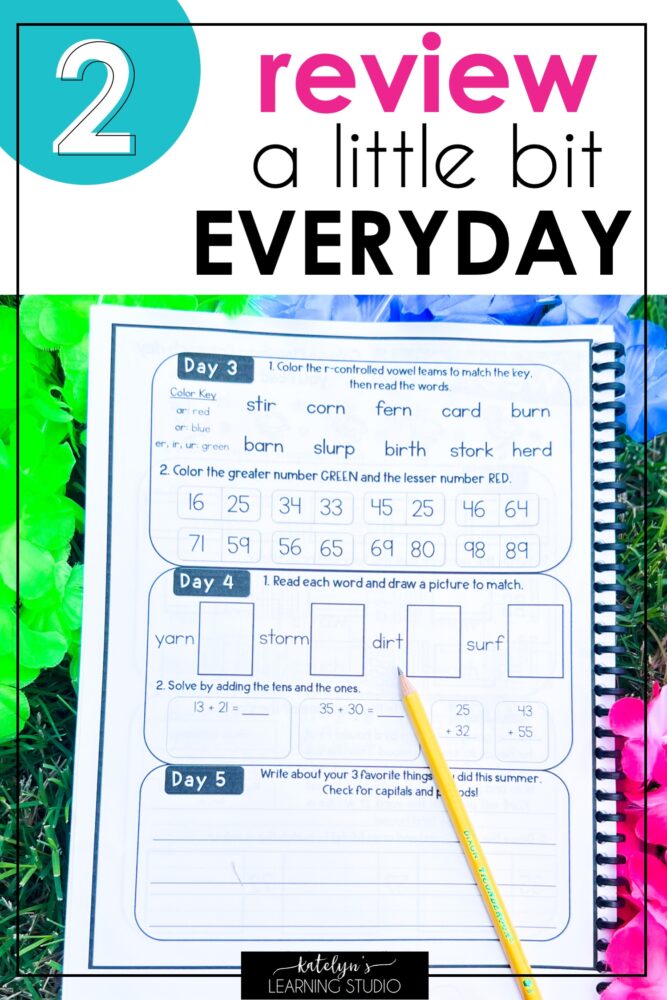
Use a review like these K-2 Summer Review Packets to get a little practice every day.
#2 Prevent the Summer Slide: Review a little bit EVERY day
I believe summers are for summers! Let the kids have fun and play and be kids! I don’t think summers need to be filled with mountains of homework and definitely no pointless busy work.
However, we really want to prevent the summer slide and help kiddos retain what they learned as much as possible so they do not start the next school year behind.
So, what do we do? How do we balance both worlds?
My answer? Mini-tasks!
Just a few minutes a day (in addition to reading for fun), can make a world of difference in retaining learning.
They just need those frequent, but small reminders of what they learned.
It is best if those little reminders do happen regularly and often though. Ideally, some sort of learning activity should be done at least every weekday—but don’t worry, those “learning activities” do not have to be intense. They only need to take a few minutes!
Consistently doing little learning tasks is way more effective than one or two days of intense learning all day, and then being burned out for the rest of summer!
I recommend: one reading mini-task and one math mini-task a day.
And then one day a week instead of doing reading and math task, do a mini-write in a summer journal!
What is a mini-task?
Here are some mini-task learning activity ideas:
- Write the numbers 1-20
- Count out 10 toys and find different ways to make 10
- Skip count by 10’s, 5’s, and/or 2’s to 100
- Count to the highest number you can count to
- Find a toy or item that starts with 5 letters of the alphabet (and do the next five the next day, until you finish the alphabet)
- Write everyone’s name in your family
- Draw letters or words in the dirt outside
- Find letters outside as you drive
- Find words you can read on cereal boxes
They can be super simple and informal!
Here are some summer review packets that have mini-tasks for every day of the summer!
As you can see, the tasks are super quick and super simple so that students do not get burned out. They review all of the skills they learned, but still have time to play!
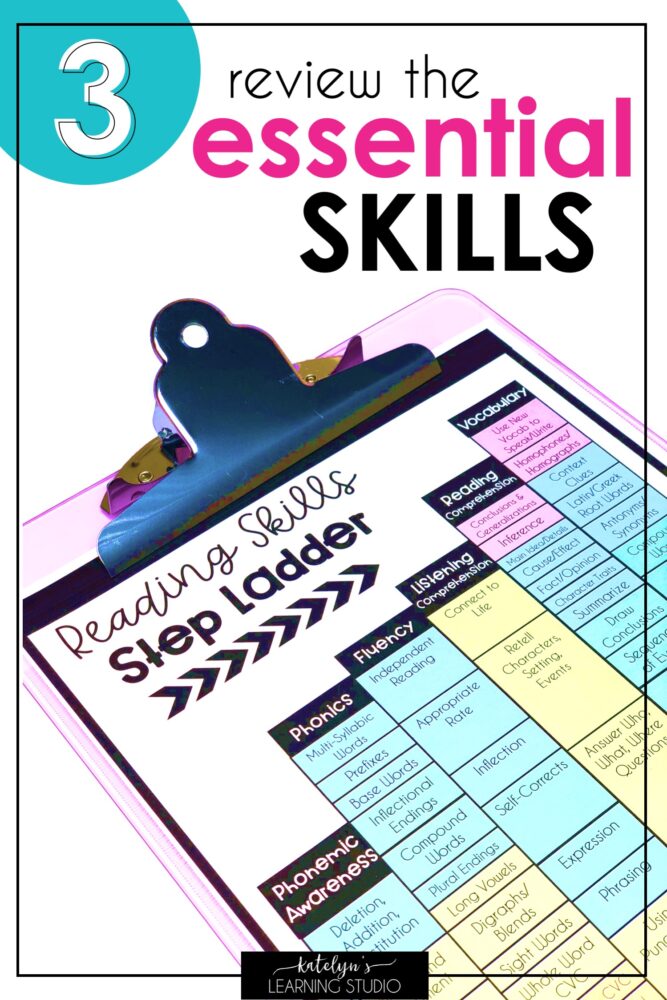
Click here to download a FREE Reading Skills Step Ladder that shows the order essential reading skills are learned.
#3 Prevent the Summer Slide: Review the Essential Skills
To prevent the summer slide, it’s important to focus on the essentials. You don’t need to practice every skill ever taught in first grade every single week.
Instead, focus on the essentials that will make the biggest impact.
This Reading Skills Step Ladder is a great place to review all of the essentials for reading!
(You can download it for FREE here!)
The “levels” roughly align with the essentials for each grade (with room for flexibility).
- Level 1 = Kindergarten essentials
- Level 2 = 1st Grade essentials
- Level 3 = 2nd Grade essentials
- Level 4 = 3rd Grade essentials
- Level 5 = 4th-5th Grade essentials

#4 Prevent the Summer Slide: Talk about environmental texts
What is Environmental Text:
- print, letters, words, and logos written on everyday items, wrappers, signs, or anything you interact with on a regular day.
Noticing the words, letters, and writing in environmental texts is a great way to casually sneak in reading practice!
Here are some ways to learn from environmental text in your everyday life:
- While you are driving, read signs or street signs with your child.
- Point out letters and talk about the sounds they make.
- Point out the “M” in the McDonald’s Sign and find the beginning sound of “McDonald’s”
- Talk about the alliteration in the “Best Buy” sign.
- At the store, find all of the cereal boxes that start with “c”.
- If anyone in your family has words on their shirts, read them!
- Read the names on Pokemon cards together (they’ll love that one!)
- If your child plays video games, read the dialogue with them.
- Turn on the captions for movies (hey, if they’re going to get screen time, might as well throw some reading into it, right?!)
Basically, anytime they encounter text in their everyday life, talk about it!
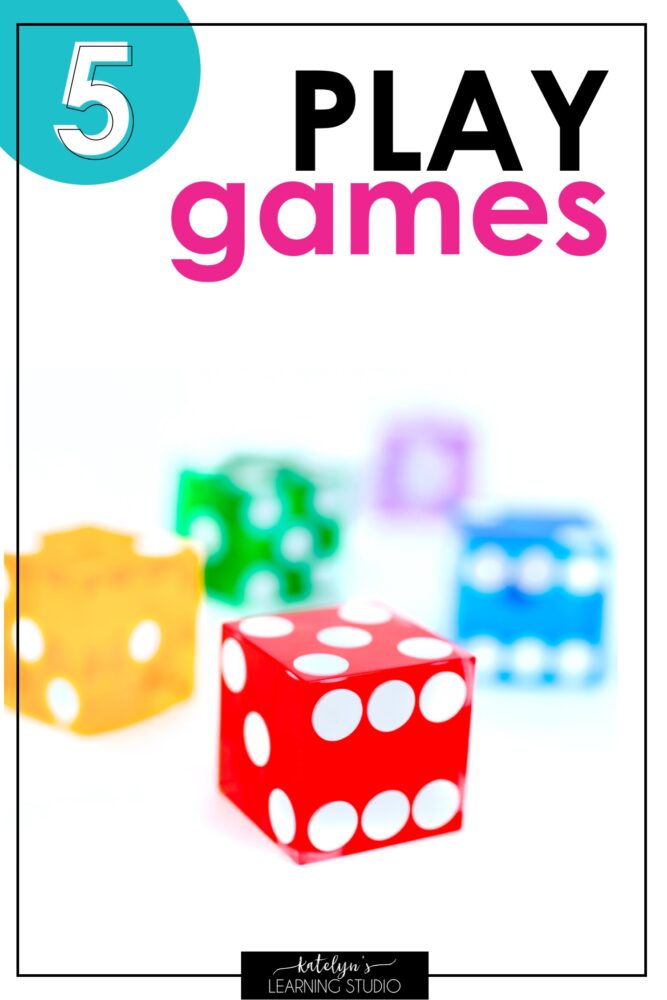
#5 Prevent the Summer Slide: Play simple games in “blank” time
Have an arsenal of “on the go” games that promote phonemic awareness and reading skills.
These are great to play together while waiting at the doctor’s office, in line at the grocery store, or even in the car on a road trip!
Here are some “on-the-go” learning game ideas:
- I Spy: This has SO many different variations!
- Play the normal “I Spy” game but instead of using a color as a clue, use different reading skills! For example…
- I spy something that starts with the letter “B”
- I spy something that ends in the sound “/g/”
- I spy something that rhymes with the word “hike”
- I spy something that has 3 syllables
If there is environmental text around (signs, posters, packages at the store, license plates, etc.)…
-
- I spy the letter “R”
- I spy a 2-syllable word
- I spy short u word
- I spy a word with the “ai” vowel team
- I spy a word that’s a synonym for huge
- Guess My Word: This is great for practicing phonemic awareness!
- Think of a word. (ex: dog)
- Say the sounds in the word out loud. (ex: /d/ /o/ /g/)
- Let the child guess what word it is.
- Try using longer and longer words.
- For younger kids: break it into compound words or syllables (ex: /hot/ /dog/ or /um/ /brel/ /la/)
- For older kids: let THEM choose the mystery word and give you the sound clues to guess the word!
- Spelling Code Challenge
- What parent hasn’t used the “spelling” trick to speak in code in front of kids?? Well, this is actually a GREAT learning activity!
- Use their eagerness to crack the code to your advantage.
- Try talking about what you are going to do or eat today in “spelling code” and have them figure out the word on their own.
- To increase the challenge, let them speak in code to you and spell words out as they talk!
**Here is a blog post with 5 super fun reading games + free printables you can play with your kiddos over the summer!
The Best Board Games that are Educational
In addition to these “on-the-go” games, board games are a GREAT, FUN way to integrate learning!
My family is a huge board game nerd family! Playing games together is one of our favorite family night activities. The kids (& honestly the grown-ups!) get so into the game, and I love all of the natural reading, math, and strategy practice that happens.
Here are some of our favorite learning board games and card games:
- Monopoly: Great for money practice, reading cards, and multi-digit addition and subtraction (we have one of those customized games that matches our city which is super fun!)
- Uno: practice number & color recognition (we love the Classic Uno and Minecraft Uno!)
- War: Perfect number comparison practice! Use any normal deck of cards, deal out all of the cards to 2 players, then take turns putting a card down. Whoever has the higher number keeps both cards. The person to collect all the cards wins!
- Super Mario Life (or any board game that has cards to read!): Practice reading cards, and the “mini-game” cards often use counting and number comparison skills.
- Taco vs. Burrito: A super silly game that is great simple addition and subtraction practice as you keep track of the positive and negative points in your taco.
- Sneaky Snacky Squirrel: This one is for the younger kiddos, but great for color recognition!
- Pokemon Card Games: Yes, we play Pokemon with our children, and yes I have talked about Pokemon in several places in this blog post. But why not go with their passions and make the most of it?? Plus if you learn how to play the game (the linked set teaches you how), keeping track of the characters’ health is EXCELLENT mental math practice, AND reading those crazy names is just like nonsense word reading practice!
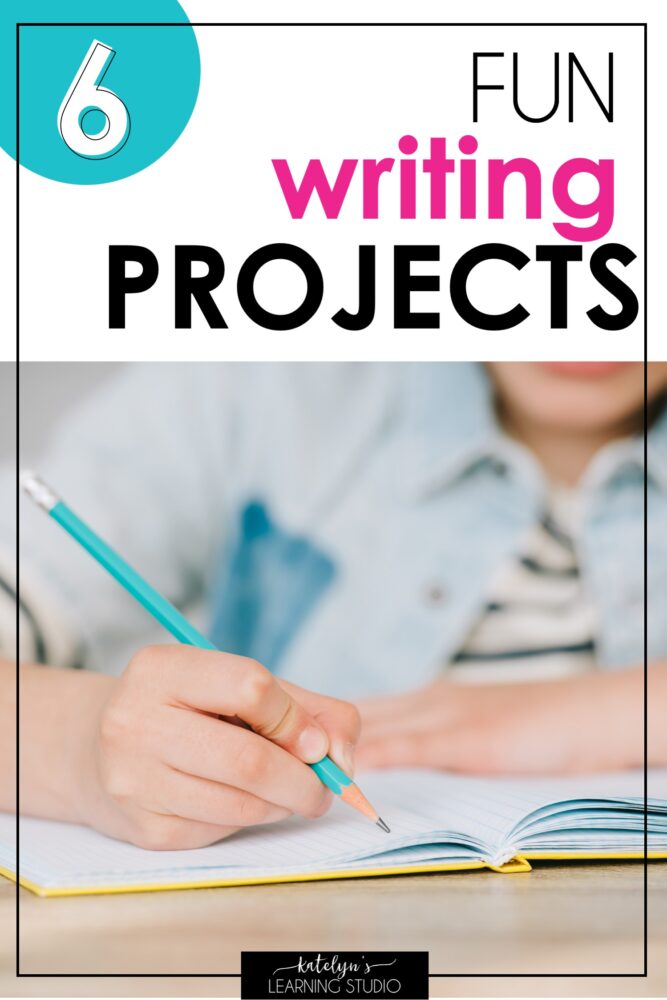
#6 Prevent the Summer Slide: Write!
Writing is a fantastic way to prevent the summer slide and keep up their reading skills! When you write, you practice phonemic awareness by sounding words out, phonics by writing out letters, and you practice word mapping by connecting those letters to the sounds in words.
There are so many practical, natural ways you can integrate writing into your summer activities.
Summer Writing Activities:
- Write letters to family members, friends, and past teachers
- Pick up postcards when you travel and send them to friends and family
- Keep a travel or activity journal and write about any place you visit
- Make a scrapbook with pictures you take over the summer and write a sentence about each picture
- Make a poster chart of your favorite movie/show/video game/book characters
- Print out or draw pictures of each character
- Organize and glue them onto a poster
- Write their names and any key facts about them under their picture
- Draw a city complete with roads for toy cars or lego people on cardboard and label all of the places you draw.
- Write and illustrate your own books! Bind them with staples or in a folder and have them read it to siblings, friends or another adult.
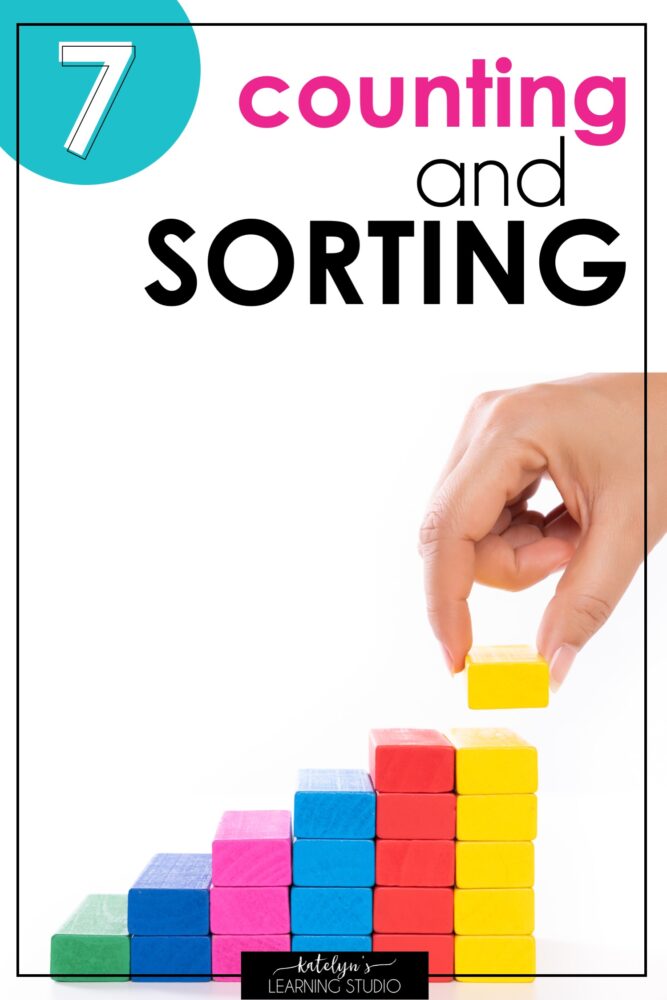
#7 Prevent the Summer Slide: Count, group, sort (snacks, toys, anything!)
–legos (sort into groups by color)
Any time your child has a group of something (think toys, snacks, art supplies, stuffed animals, playing cards, etc.) count and sort them!
Counting and Sorting Activities:
- Count how many there are
- Count by 2’s, 3’s, 5’s, etc.
- Make a pattern
- Sort by color
- Sort by size
- Sort by different types
- Share with other people by making equal groups (division practice)
- Give everyone the same amount and see how many there are in total (multiplication practice)
- Divide a cake/pizza/etc. Into equal portions (fraction practice)
*Side note: money is a super high-engagement math tool! Let kids help you…
- sort coins and bills
- add up different values
- find items at a store that fit in a budget
- set up a pretend store with price tags and “shop” with pretend money
- figure out change
- earn small amounts of money and add up the total
Prevent the Summer Slide with a Summer Review Packet
Here’s a little bonus tip: have a summer review packet you can follow along easily, and rest assured that you are hitting all of the essential skills for your grade!
If you are looking for some simple review activities already planned out for you, these Easy-to-Use Summer Review Packets are your friend.
I made them with the child (& parents!) in mind. They are quick, simple, cover the essentials, and best of all–only take a couple of minutes!!
I do not want students spending all day in the summer doing worksheets, or want parents to have to battle with them to get their work done. Summer reviews should be painless and take little time away from play.
I just chose 1 QUICK math activity and 1 QUICK reading activity to do each day plus added a writing activity for Friday. In total, it should only take about 5 minutes a day!
I also went through the entire standards for each grade and picked out the most essential standards to practice. These skills will be the most important skills to master to get your student ready for the next grade!
Here is where you can find those summer reviews:
- Kindergarten Sumer Review Book
- 1st Grade Summer Review Book
- 2nd Grade Summer Review Book
- Summer Review BUNDLE
Your students don’t have to start the next year farther behind than where they ended. These simple and easy activities can make a WORLD of difference in preventing summer slide learning loss. So grab some books, play some games, and prevent the summer slide while still ENJOYING your summer!

